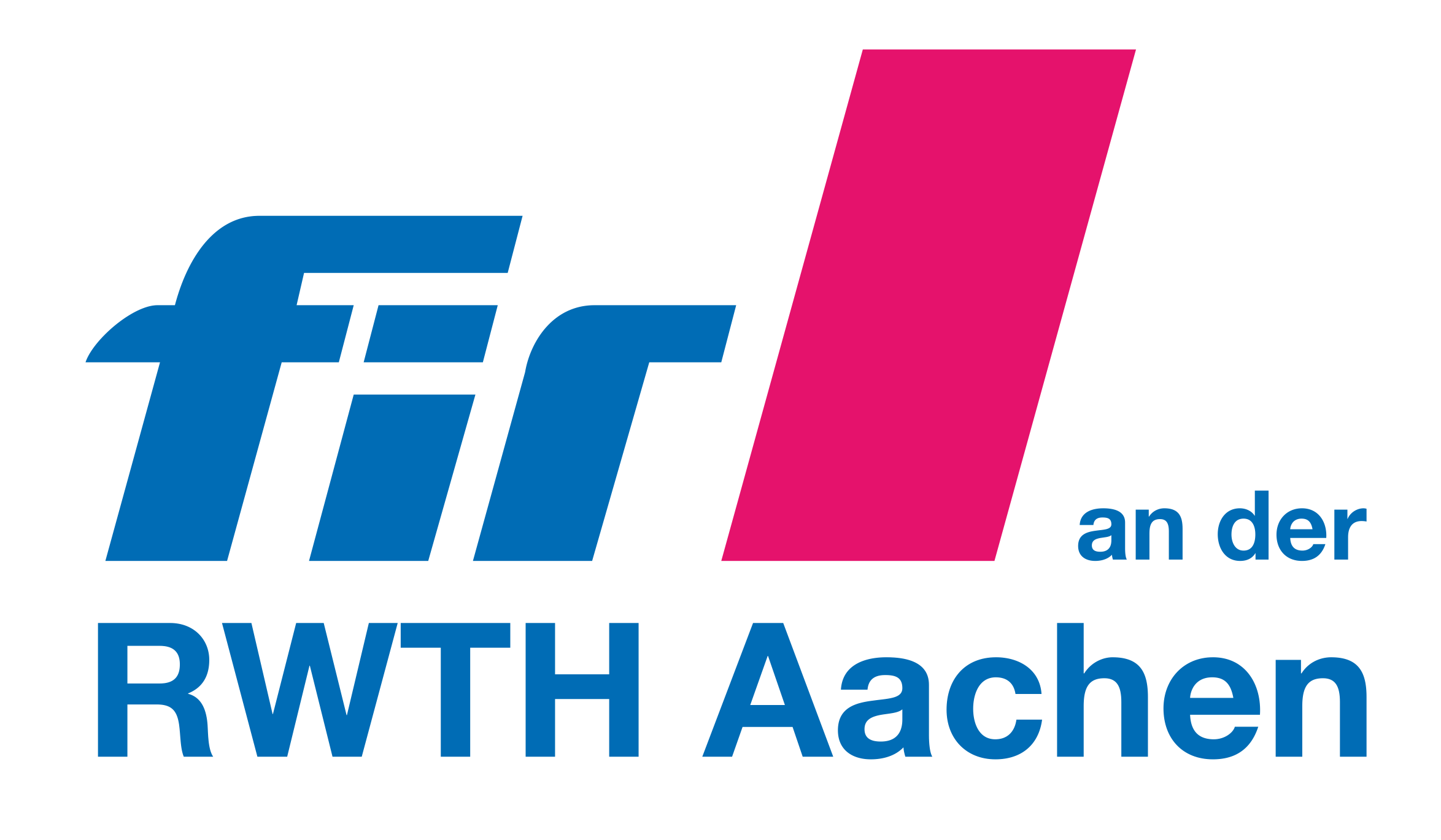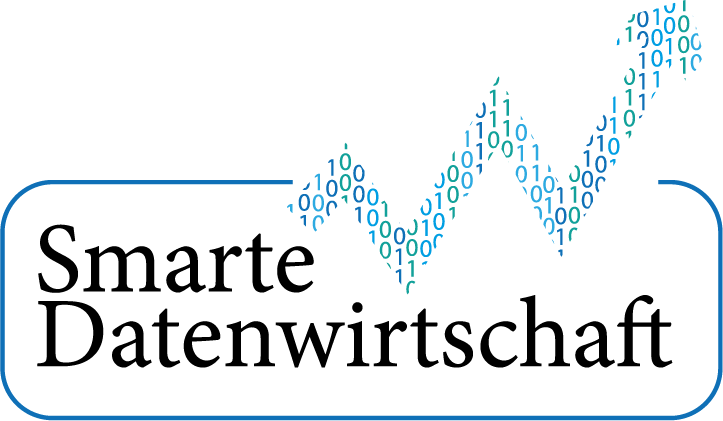Future Data Assets
Intelligent data accounting for the determination of the entrepreneurial data value

The objective of the research project "Future Data Assets" is to provide monetary valuation of the corporate data. For this purpose, the development and instantiation of a so-called "data balance" is sought. The data balance should serve the reporting of the entrepreneurial ability of the data management and thus close a gap with respect to the classical reporting, in which data are hardly considered or systematically evaluated.
Starting Situation
The traditional balance sheet has many deficits that have been discussed in science and practice for some time. Fixed and current assets, as reported in the classic balance sheet, far too often differ significantly from the market value of the companies. In addition, companies have recently been bought far above market value, the difference is reported in the so-called "goodwill". The differences are explained by buyers' expectations of future positive returns from business acquisition and intangible assets that are difficult to quantify, such as implicit knowledge or data values.
In particular, the analysis of data as intangible assets is currently neither standardized nor systematically based on a uniform assessment basis. Furthermore, there is no uniform framework for the designation of data management in the course of independent data reporting. A consistent assessment of the data stock against the background of a defined assessment basis could serve as an internal management or performance instrument over time.
The challenge therefore lies in the development of a tool for standardized, continuously optimized data reporting adapted to the individual business sectors. For reasons of reliability, the data reporting and the input parameters must also be verifiable by external authorities.
Approach and expected result
For the development and instantiation of the data balance, the overall project pursues specific subgoals:
In order to instantiate the data balance as a reporting instrument, the research project aims to develop a so-called data balance platform. Companies should be able to obtain a so-called data balance toolset via the data balance platform.
The Data Balance Toolset is designed to allow a structured, systematic and consistent production of corporate data balances in the local ecosystem. This is being developed as a framework and should be able to be customized at defined locations by companies to their respective needs. The toolset therefore supports the mapping of the corporate data stock and serves as an assessment basis (data balance management report). At the same time, another function should allow the forecasting of future developments, using comprehensible machine learning methods (Data Balance Forecast Report).
As part of setting up a feedback loop, companies can identify and review their data balance through the data balance platform, thereby contributing to the further development of the toolset.
The platform also allows external stakeholders to obtain audited company data balances.
Another sub-goal of the project is the standardization of the data balance. For this purpose, the IDW is involved in the "examiner's side", while the industry plans a standardization via a VDI guideline.
Benefits for the target group
The data balance as a reporting instrument should have two central components or properties:
Data balance management report (past-oriented character): Within the data balance, the data stock of a company is reported for a certain period in the past. This occurs on a key date, so that changes in data management become visible over time. Against the background of reliability, this part of the data balance must be comprehensible and verifiable by external bodies (for example, auditors).
Data balance forecast report (future-oriented character): Furthermore, the data balance should serve as a forecasting tool and thus provide information about the potential future data management of a company. For this purpose, the application of machine learning methods is examined, which also allow insights into their functioning. This part of the data balance offers the possibility to estimate future developments and to visualize the effects of planned (data-intensive) investment projects in the digital transformation
Further Links
UdZ-Article: "Future Data Assets: Data Valuation and Reporting - from Research to Application"
Project partners
Associated partners
Branch
- IT, Software and Internet
- Machinery and Plant Engineering
- Research and Development
Topic Area
- Service Management
Research Focus
- Service Excellence
- Digital Products
FIR Topics
JRF Guiding Topic
- Society & Digitization
Contactperson
Projectinfos
Duration
Funding no.
01MD19010BProject homepage
future-data-assets.deFunding information
The project on which this report is based was funded by the Federal Ministry for Economic Affairs and Climate Action (BMWK) under the number 01MD19010B. The author is responsible for the content of this publication.





